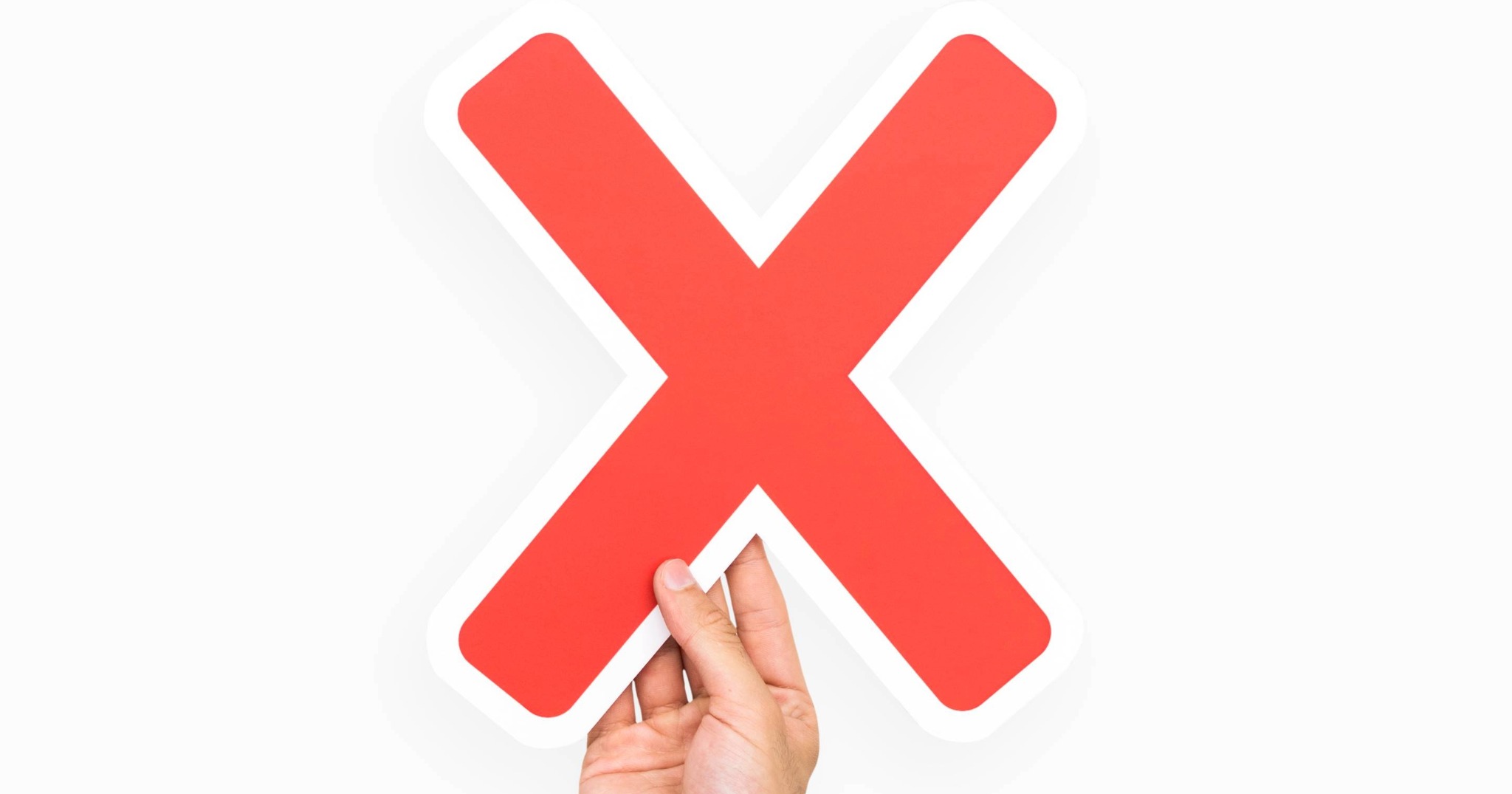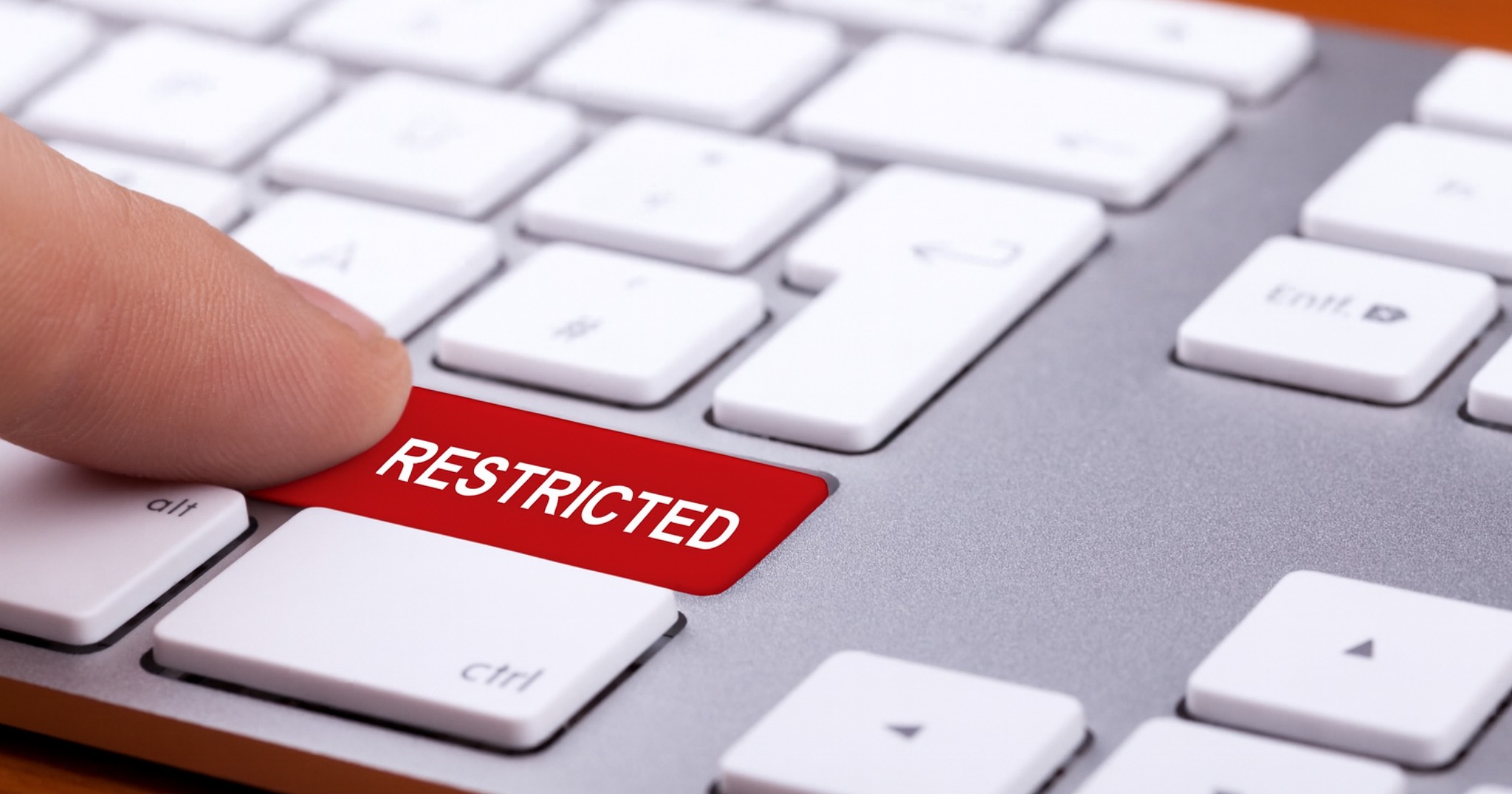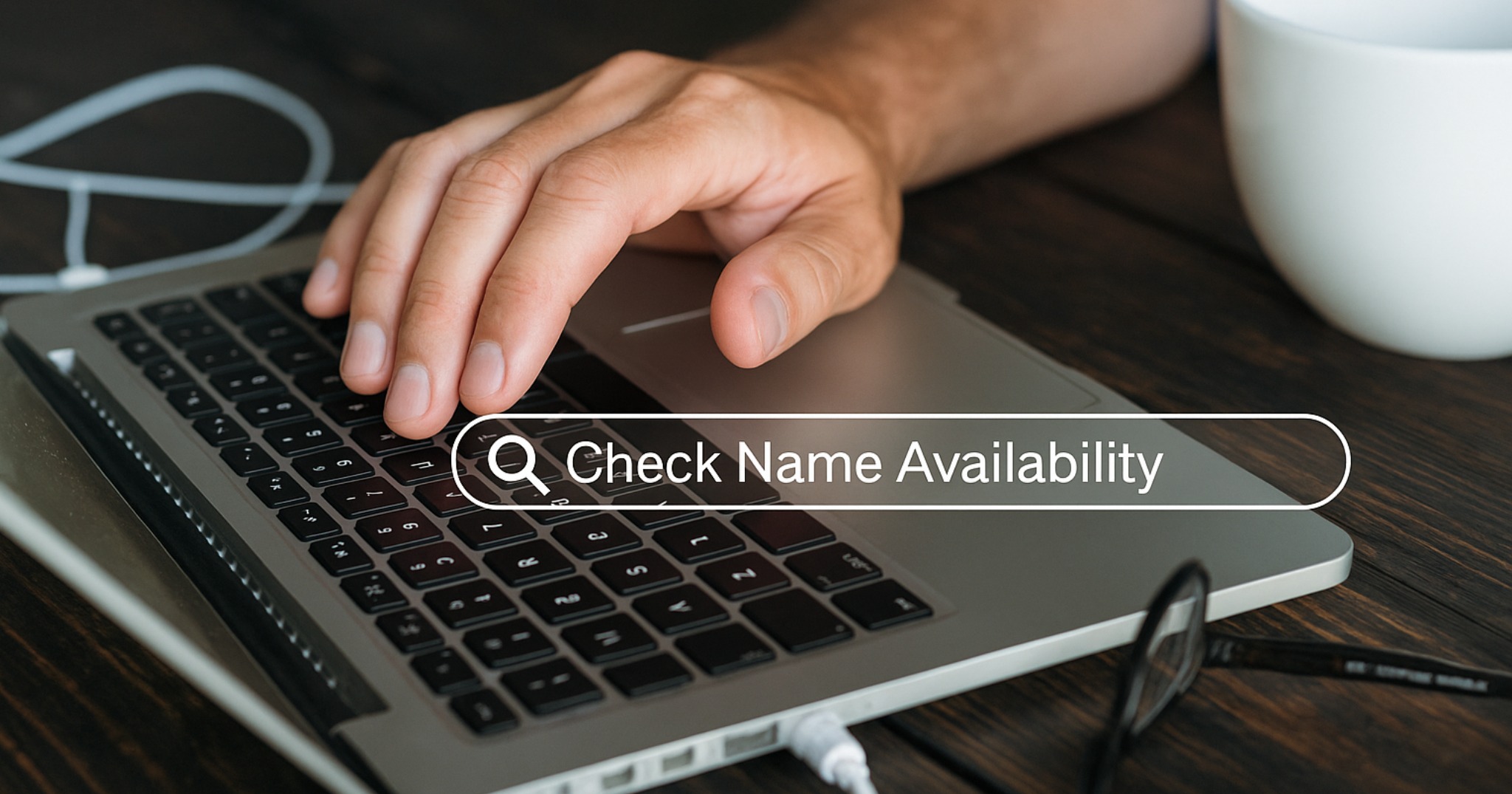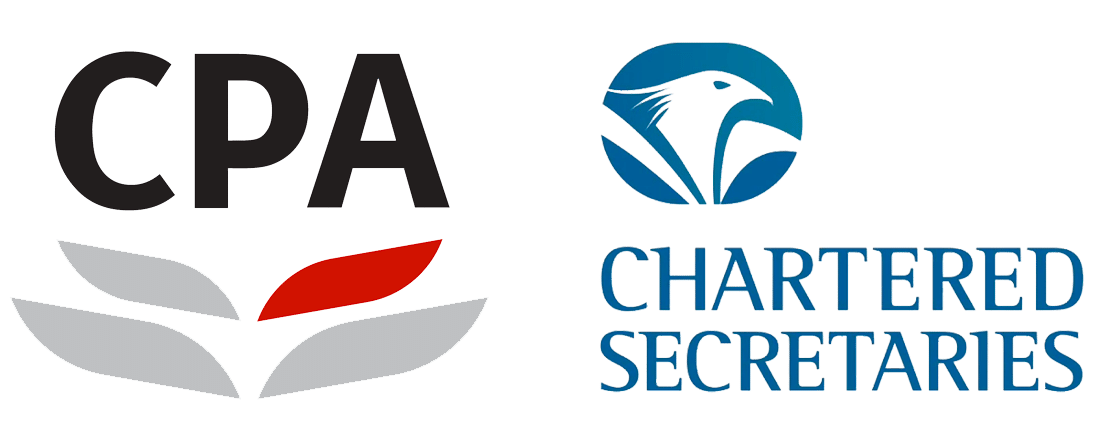Contents
- Key Takeaways
- Hong Kong Naming Rules
- How to Check Company Name Eligibility
- Common Reasons for Refusal
- Securing Your Digital Brand
- Sector-Specific Name Restrictions
- Changing an Existing Name
- Conclusion
- Frequently Asked Questions
- What rules must I follow when naming a company in Hong Kong?
- How can I check if my desired company name is available?
- Why might my company name application be refused?
- How can I protect my digital brand after name approval?
- Are there special name restrictions for certain industries?
- Can I change my company name after registration in Hong Kong?
- Does my company name need to be in English or Chinese?
How To Choose a Company Name in Hong Kong: Tips for Selecting the Right Business Name
- When selecting a company name, it must comply with official naming rules. For example, it cannot contain certain prohibited terms and it must be distinctive enough to not overlap with existing names.
- Perform a thorough company name check on the Hong Kong Companies Registry, trademark databases, domain registrars, and social media so that you’re not infringing on an existing brand and it can be used online.
- Don’t use a name that is deceptive, offensive, or too close to an existing business as this can cause the registration to be refused and lead to legal issues.
- Locking down your digital brand assets, like matching web domains and social handles, early fortifies your online presence and can help you carve out a unified brand identity.
- For international businesses, make sure your company name works across different cultures and markets. Think about trademark protection on a global scale.
- There can be industry-specific regulations that might impact naming, particularly in regulated sectors, meaning you need to do research and follow industry norms to stay compliant and avoid penalties down the road.
Company name verification check is the step of determining whether or not a company name is already taken by someone else. Most countries and regions have regulations that require new businesses to perform company name checks prior to registration. Doing so helps you avoid legal trouble and brand confusion.
To check, most use official government or trademark databases, often online, that display real-time status. Some tools provide additional checks for domain names and social media handles. These checks are best early in the planning process. For aspiring entrepreneurs, learning how to check name usability is a time and cost saver. The following section provides detailed methods and top sites for these checks.

Hong Kong Naming Rules
Naming a company in Hong Kong involves hard regulations under local law. The name may be in English, Chinese, or both. You cannot combine English and Chinese in a single name. If the name is in Chinese, it should use traditional Chinese characters. English names must end with “Limited.” For Chinese names, the suffix has to be “有限公司.” This architecture is not a choice. It informs others that your business is a limited company and helps avoid misunderstandings.
Government blocks names that might mislead, confuse or trick the public. Any name which indicates a connection with the government or any authority requires prior approval and will not normally be approved. Terms such as “Government,” “Federation” and “Bureau” are prohibited if they are likely to lead people into believing that the company enjoys a special status or endorsement. The CR also filters out words or phrases that can be offensive or are not suitable for public use. Here is a simple list to help you steer clear of trouble:
| Prohibited Words and Phrases | Reason |
|---|---|
| HKSAR Government | Suggests official connection |
| Federation | Suggests official connection |
| Bureau | Implies government body |
| Department | Implies government body |
| Commission | Implies public office |
| Council | Suggests government link |
| Authority | Suggests government link |
| Chamber of Commerce | Suggests government link |
| Tourist Board | Suggests government link |
| Tourist Association | Implies government link |
Names have to be distinctive and cannot plagiarize or closely resemble existing companies. The naming law states that the name should be unique. It cannot be the same as or too similar to a name on the register. This prevents market confusion and safeguards commercial identity. The sole means of finding out if a name is available to be used is to conduct a company name search. This verification should not only encompass the company registry but include trademark databases. Choosing a name that is already a trademark can lead to lawsuits or compelled changes down the line.

How to Check Company Name Availability
This is an essential step for any business registration in Hong Kong. A transparent, methodical process not only aids you in sidestepping legal complications, it enables a robust, unified brand identity. It’s not just a government portal, it includes trademark databases, domain registrars, and social platforms. Names must be distinguished, not deceptive, and not suggestive of government connection. Insert the exact proposed name either in English, Traditional Chinese, or both, but don’t mix the two languages within one word. The search is at no cost and operates on a first-come, first-served basis. An across-the-board search will save you headaches down the road.
- Open the Hong Kong Companies Registry online tool.
- Type in the full proposed company name.
- Check for similar names on the government portal, trademark office, domains, and social media.
- Check domain registrars for matching web addresses.
- Search major social media platforms for available handles.
- Review results for uniqueness and compliance.
1. Government Portal
The HK Companies Registry site is the official site to check company names. Its search feature identifies exact or similar names already registered. The online tool is free and quick and accepts either English or Traditional Chinese names as long as you don’t mix the two together in one word. You just do the registration steps online. Keep in mind that name allotment is first come, first served.
2. Trademark Search
Trademark checks are crucial to prevent you from infringing registered marks, leading to legal battles or rebranding expenses. The IP Department provides a searchable trademark database. Check your name against registered marks and think about variations or names that sound alike. Professional trademark agents come in if your industry has complicated naming rules or you need an international search. This reduces the likelihood of infringement and future disputes.
3. Web Domain
A robust web identity begins with an aligned domain. Use some global registrars to see if the .com, .hk, or anything else is available. By securing it early, you’re protecting your brand and preventing domain squatters from ‘buying’ it. Having your own domain not only increases your credibility but makes you easier to find for customers. If the precise name isn’t available, try slight variations or alternate extensions.
4. Social Media
Uniform branding across social channels is essential for recognition. Google your company name and search on key platforms such as Facebook, Instagram, LinkedIn, and Twitter. If it’s taken, try easy variations or acronyms. Consistency in names and handles helps users locate your biz and builds trust. Unavailable names may get you to rethink your naming strategy prior to registration.
5. Professional Services
Naming blunders cause registration refusals or legal trouble. Stay away from names that are similar to others, use prohibited terms, or deceive the public. Obscene words are filtered out as well. Professional consultants will steer you through local laws and point out common traps. Trademark infringement is a threat to your registration and your reputation.

Common Reasons for Refusal
A company name accessibility check isn’t just a formality; it is a crucial step to safeguarding your brand, preventing legal headaches down the road, and ensuring clear customer communication. A lot of names get refused for various reasons, such as similarity, offensive terms, misleading terms, and trademark conflicts. All of these are areas that you’ll want to review in order to avoid expensive errors and lost hours.
Too Similar
We cannot accept names that are the same or very similar to that of other companies, LLPs or trademarks. Small alterations, such as interchanged letters or punctuation, do not render a name sufficiently unique. This rule prevents customer confusion and stops companies from capitalizing off a built-up reputation. For instance, they would refuse to register “Macrosoft” or “Facceebook” for being similar looking or sounding to existing brands.
It’s a good idea to look for companies in the same industry or geographical area. If it’s similar to an existing business, the Companies Registry will turn it down. Adding easy modifiers, like double t – “Microsoftt,” double g – Ggoogle won’t do unless they establish a meaningful differentiation. Company Registries and Business Directories – Always check these before you commit to a name.
Offensive Words
Names that contain words that could be offensive or disrespectful to some groups or cultures are refused as a matter of course, such as vulgarities, racist terms, or insensitive cultural allusions. Every country or region has its own list of what is inappropriate, so check those out before you submit your name.
If you’re a global business, don’t use region-specific slang or idioms that might offend someone. Even seemingly neutral names in one language might be offensive in another. Cultural sensitivity is crucial to cultivating a healthy, inclusive brand.
Misleading Terms
You can’t use words that misrepresent your business or suggest government connections. For example, terms such as ‘national’, ‘federal’, ‘government’ or mentions of government leaders imply official support and will result in refusal. Terms like ‘International’ or ‘Corporation’ are generally acceptable
Existing Trademarks
Trademark conflicts top the list of reasons for refusal. Just because a name clears a company registry search does not mean it will infringe a registered trademark. Do your worldwide trademark searches and check with authorities before you apply.
Trademark rights provide owners with legal authority to oppose companies that use comparable names. The surest way to defend your brand and sidestep disputes is to have your own trademark registered.
Digital Presence
Establishing a powerful online persona has become imperative. Ensure your business name is free as a domain and on major social media networks. Inconsistencies between your registered name and your online assets confuse customers and dilute your brand.
A consistent online brand strategy makes you easy to find and builds recognition. It’s worth the effort to make your company name match your digital handles.

Securing Your Digital Brand
A robust digital brand is more than a name. It forms the perception of a business. It’s often the first thing someone sees, and it can establish the mood for every exchange that follows. The digital world is noisy, and a smart, protected name lets companies differentiate themselves and establish consumer confidence. Skipping this step can lead to lost sales to the competitor, lost reputation, or even lost lawsuits. It’s more than choosing a name; it’s about securing every piece of that name online, from domains to trademarks to social handles.
Why It Matters
Securing your digital brand The optimal time to verify and secure your name is as soon as you begin your business plan. Waiting until after launch leaves your brand vulnerable. Anyone can seize domains or social accounts first, and they are difficult and expensive to regain. For example, some entrepreneurs have been hit with $15,000 in legal fees and $8,000 to rebrand just for skipping this step. Being first means you stake out your turf on the web prior to making your big debut. It gets branding in line with your launch, so everything looks and tastes cohesive from day one.
The Right Time
A digital brand provides you with borderless reach. When selecting a name, check to see if it has international appeal. What is effective somewhere might not be effective somewhere else. It’s wise to search for global trademarks, not just local ones, to protect your brand if you expand overseas. Think about names that sound alike or mean the same thing, as these trigger conflicts in international marketplaces. This stepwise method of looking for lookalikes, sound-alikes, and meaning-alikes helps prevent surprises and keeps your brand open and flexible for future scalability.
Global Presence
Some areas have reserved names. Finance, health care, and other regulated industries require additional checks. Find out if your name requires registration or licensing before you start using it. Each country might have different rules, so check global databases. Doing the industry standard means you don’t get penalized or risk your brand. Not every domain name implies that you own the trademark, and owning a trademark doesn’t necessarily imply that you get the domain. Check all the corners before you sign up.

Sector-Specific Name Restrictions
In choosing a company name, the regulations vary quite a bit by industry and by place of formation. A few industries have their own regulations regarding name usage. Most jurisdictions have provisions that prevent you from using names that imply an affiliation to a government agency or give the impression of an affiliation to an organization to which you have no connection.
They cannot use names suggestive of an affiliation with the Central People’s Government or the Hong Kong government without prior approval from the appropriate parties in Hong Kong. This regulation helps maintain clarity for consumers and prevents businesses from misleading visitors into thinking they are a government agency or a major bank.
Terms such as ‘Stock Exchange’ or ‘Unified Exchange’ are great examples of names requiring such additional checks. These terms are frequently associated with large, legitimate organizations and their use is likely to create the false impression that your company enjoys endorsement or support that it does not. Words might be restricted or require special permission if they sound too similar to what a government body or major financial organization might use.
The same goes for words associated with banking, or law enforcement. If your company name makes you appear as though you provide legal or banking services, you might need a license or evidence that you can provide those services. This serves the dual purpose of protecting the public from deception and ensuring the quality of the profession in areas where confidence is essential.
It’s not easy to change your company name after you’ve already signed up. You’ve got to do it the right way. That is, informing the appropriate offices, changing all your legal documents, and confirming that your name change corresponds with your business plan. Names are sector specific. They can alter your brand’s positioning and how your customers discover you. It’s crucial to consider the reason behind your change and ensure it’s aligned with what you want to accomplish. If you change names, you’ve got to inform all the appropriate parties and have such things as your bank accounts, contracts, and marketing catch up with your new name.

Changing an Existing Name
More than a branding update, changing a company’s name is something that needs to go through a process with many checks to ensure you don’t run into legal or administrative problems. To change an existing name, your new name must be unique and not conflict with other registered companies or trademarks. This is important to minimize the possibility of conflict or infringement. Most countries have provisions that a new name cannot be too similar to another. For instance, if there’s already a ‘ABC Tech Solutions’, then using ‘ABC Tech Solutionss’ could get you rejected or even sued.
It’s more than just selecting a new name and doing a matching. When the new name is selected and cleared, the Companies Registry will forward this change on to the Business Registration Office of the Inland Revenue Department once the Certificate of Change of Name has been issued. This step keeps all government records aligned and sidesteps tax or compliance issues down the road. Companies need to file a Notice of Change of Company Name (Form NNC2) to the Registrar. Failing this step can result in late penalties.
The new company name becomes legal the same day we receive the Certificate of Change of Name. This rule matters for contracts, banking, and official communications, as using the former name after this date will likely cause confusion or delay.

Conclusion
Checking a company name in Hong Kong requires attention and diligence. Regulations change quickly, and there is a lot of information to stay on top of. They come close; some names may look good, but the hard checks stop them. These little mistakes are a time waster and put your plans behind. A good strong name helps with trust and search. Online tools expedite the process. Laws on digital use get more acute every year. Selecting a simplistic name keeps your brand protected. Industries such as finance or law enforcement require additional verification. Changing names adds steps and does not eliminate them. Each piece crafts your launch trajectory. For assistance with hard rules or computer-assisted checking, contact or comment. Your next step can be seamless with the right guide.
Frequently Asked Questions
What rules must I follow when naming a company in Hong Kong?
Company names in Hong Kong should be unique, should not be offensive, and cannot infringe trademarks. Names may not imply an affiliation with the government or contravene local law.
How can I check if my desired company name is available?
You may search for company name availability online using the Hong Kong Companies Registry’s online search tool. It is free and provides immediate results.
Why might my company name application be refused?
Typical causes are a name being already taken, too similar to an existing name, or containing restricted words. Trademark conflicts can cause refusal as well.
How can I protect my digital brand after name approval?
Register the matching domain name and lock down pertinent social media IDs as soon as your company name gets approved to safeguard your brand online.
Are there special name restrictions for certain industries?
Yes, industries such as banking, insurance, and securities have additional naming regulations. Names in these fields may require regulator approval or are prohibited by law.
Can I change my company name after registration in Hong Kong?
Yes, you can change your name by filling out the appropriate form with the Companies Registry and paying a fee. The new name should comply with all naming regulations.
Does my company name need to be in English or Chinese?
You can register your company name in English, Chinese, or both. Each variation must meet local naming requirements and be unique.
Image Source: Freepik


